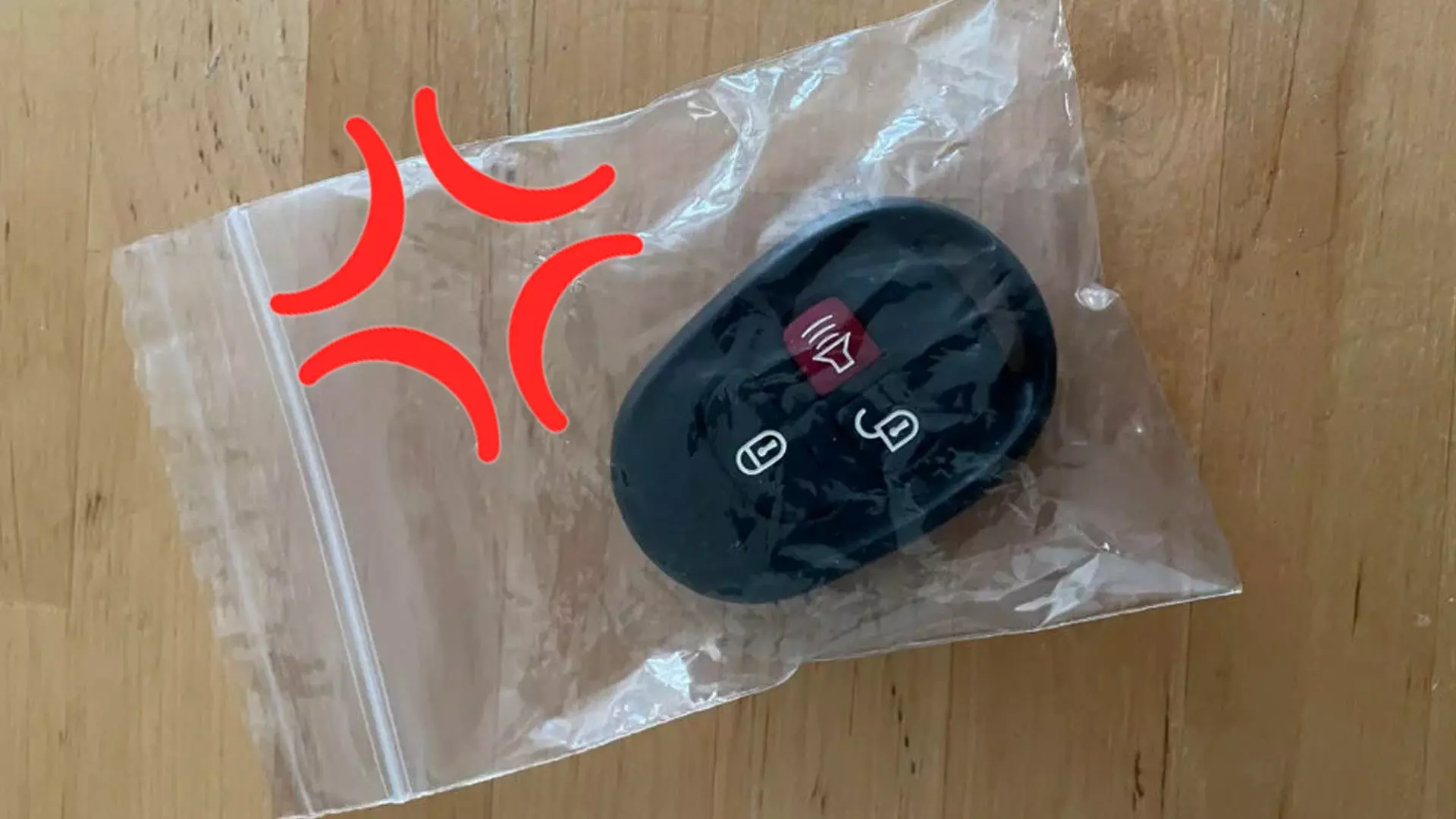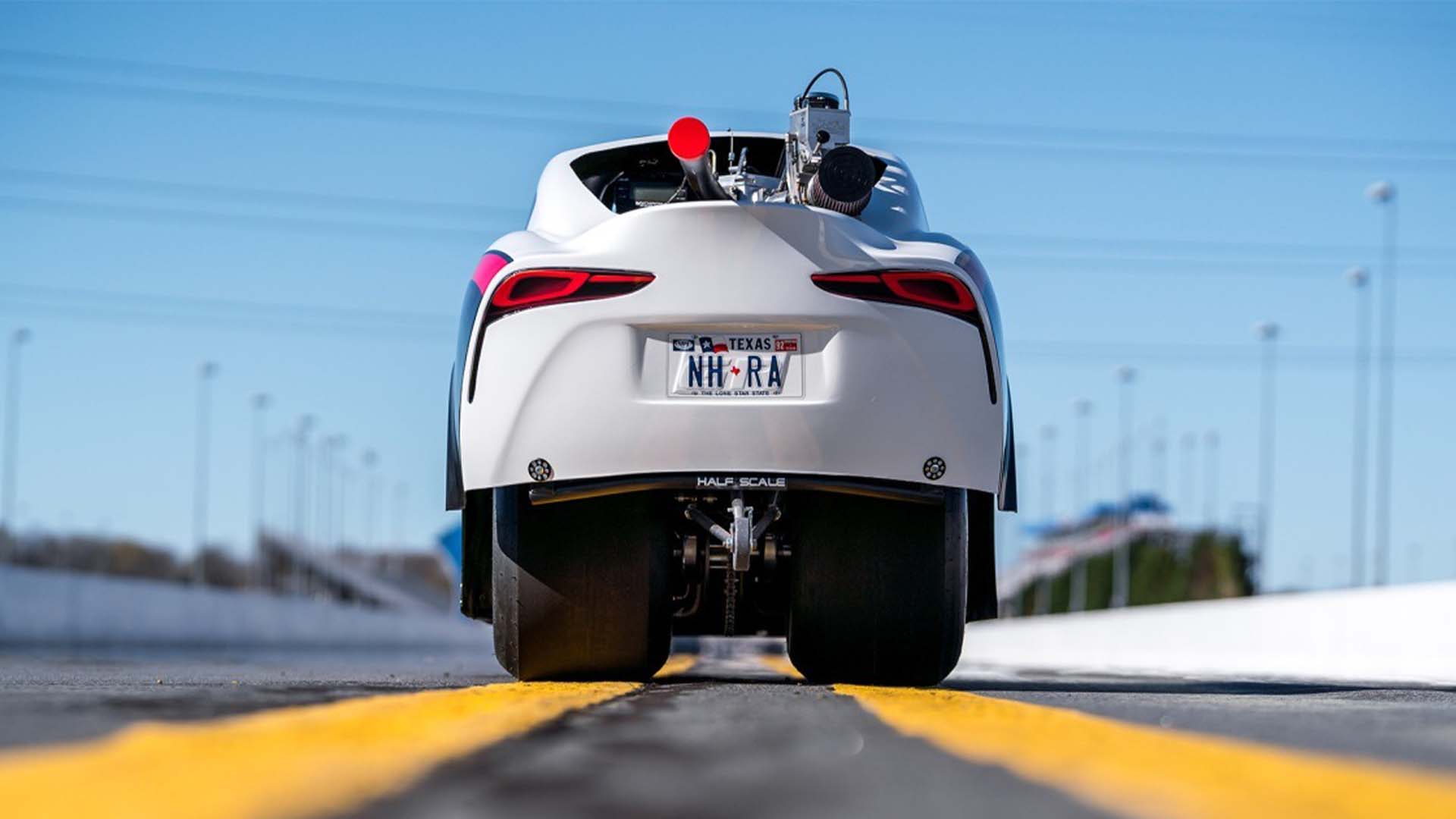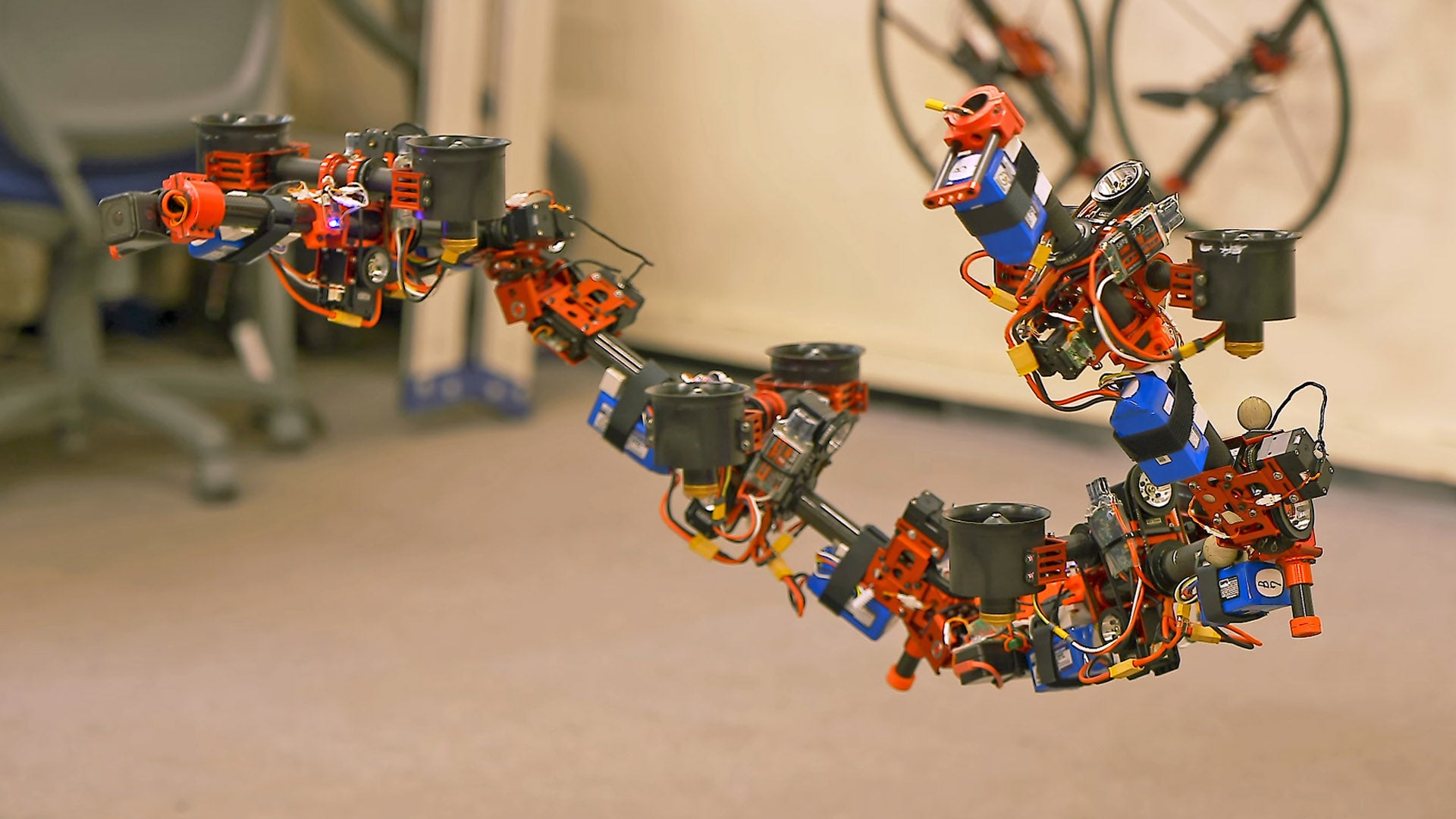A while back I wrote a blog on how to source a cheap OEM keyfob. Little things, like working keyfobs or extra keys, make a flip car easier to sell and gives an impression that you’ve given half a shit about the car. I mean, I do give a shit about the cars I’m dumping, um, er, selling, but still.
As per my last post on the subject, purchasing the replacement key fob for my Hyundai was simple. Found an OEM replacement, I paid $16, and got a black plastic fob that works with the car. The new fob looks fine, it’s even got a Hyundai logo etched into it, so I know it’s a genuine OEM replacement. The LED inside lights up when I press the buttons, so clearly, it’s powered.
Reprogramming looked easy – in theory, it’s a dealer-only service, but I have access to some pretty cool tech, I shouldn’t need to visit any gosh-darned stealership. The Autel Maxisys, or Maxisys Elite, is a scanner that can access complicated and brand-specific diagnostic systems through the OBD-2 port.
Practically any cheap scanner can read check engine and emissions codes, but the Autel scanner can check in to BCM, or Body Control Module codes. Meaning, I can check (and clear) brake system or airbag system codes. Depending on the vehicle, the Autel scanner can run certain diagnostic tests or forcibly turn on sensors/systems. For example, let’s say you want to check and see if your EGR valve is working properly. Using the Autel Scanner, you can tell the vehicle to open or close it, at your command. It’s a nifty (but expensive) tool, and I’d reckon that a lot of backyard mechanics have one, or some other brand similar to it. This isn’t a product placement by the way, I just think this tool is great.
More pertinently, the Autel scanner can even program keys or program keyfobs. With only $16 ventured I figured that the Autel scanner would make quick work on programming the fob. On YouTube, I saw several Hyundai and Kia products of the same era getting their keyfobs programmed by the same scanner I had.
The process seemed simple.
First, connect the scanner to the vehicle. It’s easy, it sticks in the OBD-2 port, and establishing the connection and finding the correct Make and Model in the software is pretty straightforward for anyone whose ever used a computer in the past 15 years.
Second, navigate to the “Immo & Keys” setting in the scanner. In that menu, I’d select “Code Saving,” the process that lets me save a keyfob to the car.
The instructions on the code saving screen are simple to follow. Remove the key, wait a few seconds, and then press the lock button – which should save the keyfob to the car.
I couldn’t find any videos for the Tiburon specifically, but I did find one for the 2010 Sonata. The process was exactly the same – the guy in the video even used the same scanner I did.
Yet, when I tried it… nothing. I futzed around with it for more than an hour and even changed batteries in the fob. Nada.
The scanner’s owner said he’d never had any issues programming keys or fobs for other vehicles, but he did admit that this was his first Hyundai.
I went back to the internet. Searching through the Tiburon specific forum, I learned that this was a common problem. Hyundais of this era can only store the memory of two key fobs. No big deal, as the new fob should overwrite one of the fobs electronic information stored in the Car’s computer.
It turns out Hyundai switched up some of the programming logic just for the Tiburon. Every other Hyundai can be programmed with the Autel scanner, but the Tiburon needs access to a Hyundai genuine cable, and the Hyundai-specific scan tool software, which is uncreatively titled “Hi-Scan.” Why did Hyundai switch up the Tiburon’s logic? Who knows, maybe they thought that there was going to be a sting of people reprogramming Tiburon keys and then stealing them off dealer lots, who knows. I think Hyundai thought the Tiburon was going to be the next Integra. We all know it wasn’t.
The news isn’t all bad, though. A few Tiburon owners have found access to a bootleg copy of Hi-Scan. Copyright infringement aside, a few owners have reported success running Hi-Scan off an older laptop, and a USB (or PS2!) to OBD-2 cable. But, you get what you pay for, a few people have accidentally fried their BCM’s from some coding error in the software. One user reported that somehow his car tried to program more than 200 keyfobs, and now his keyfob doesn’t work anymore.
Scary. Maybe I should just bite the bullet and pay whatever the Hyundai dealer wants me to pay to get the fob reprogrammed. But of course if you have some insight, come share in the comment section!









